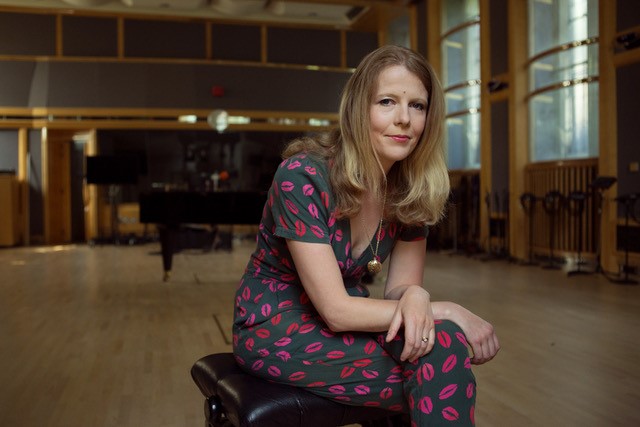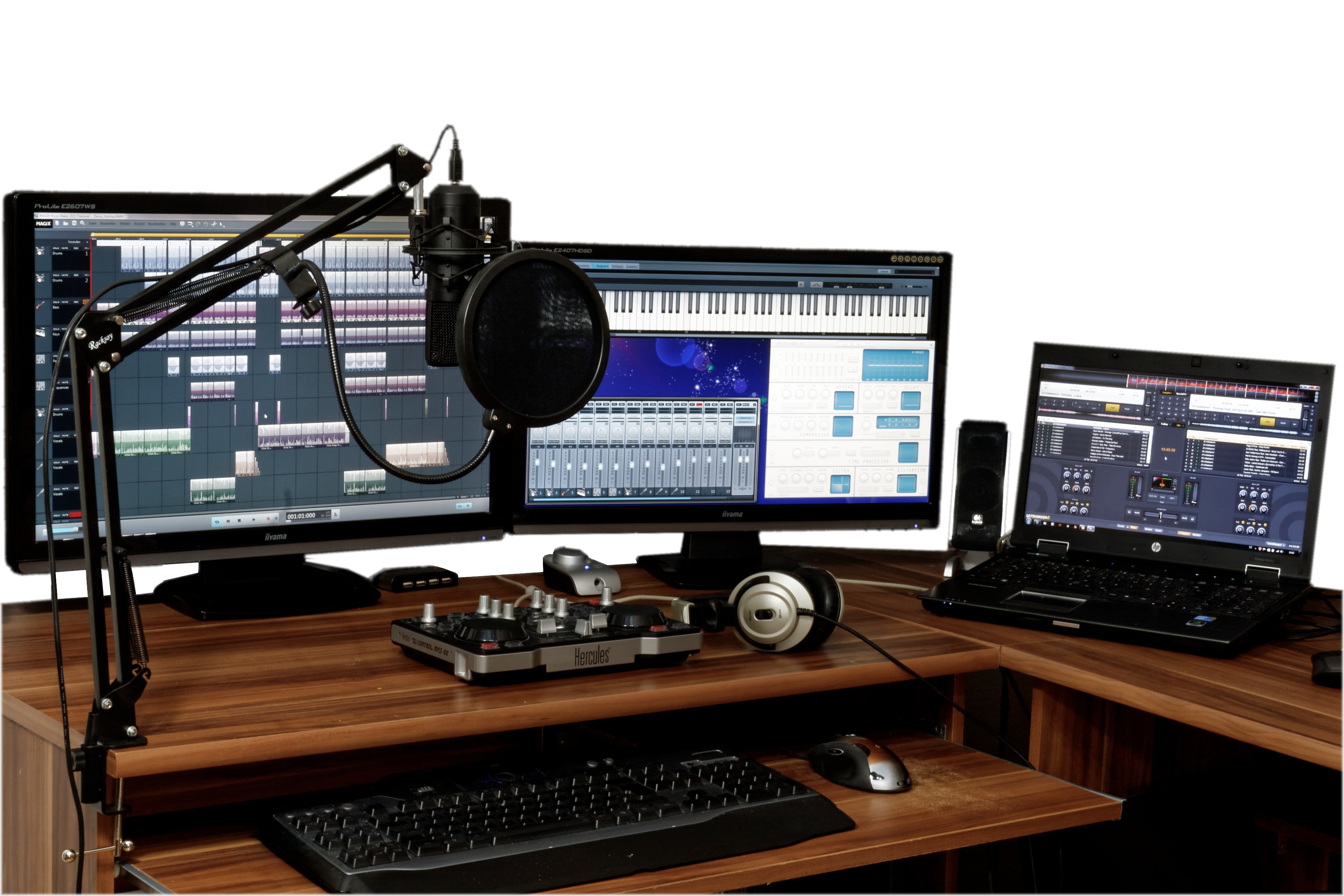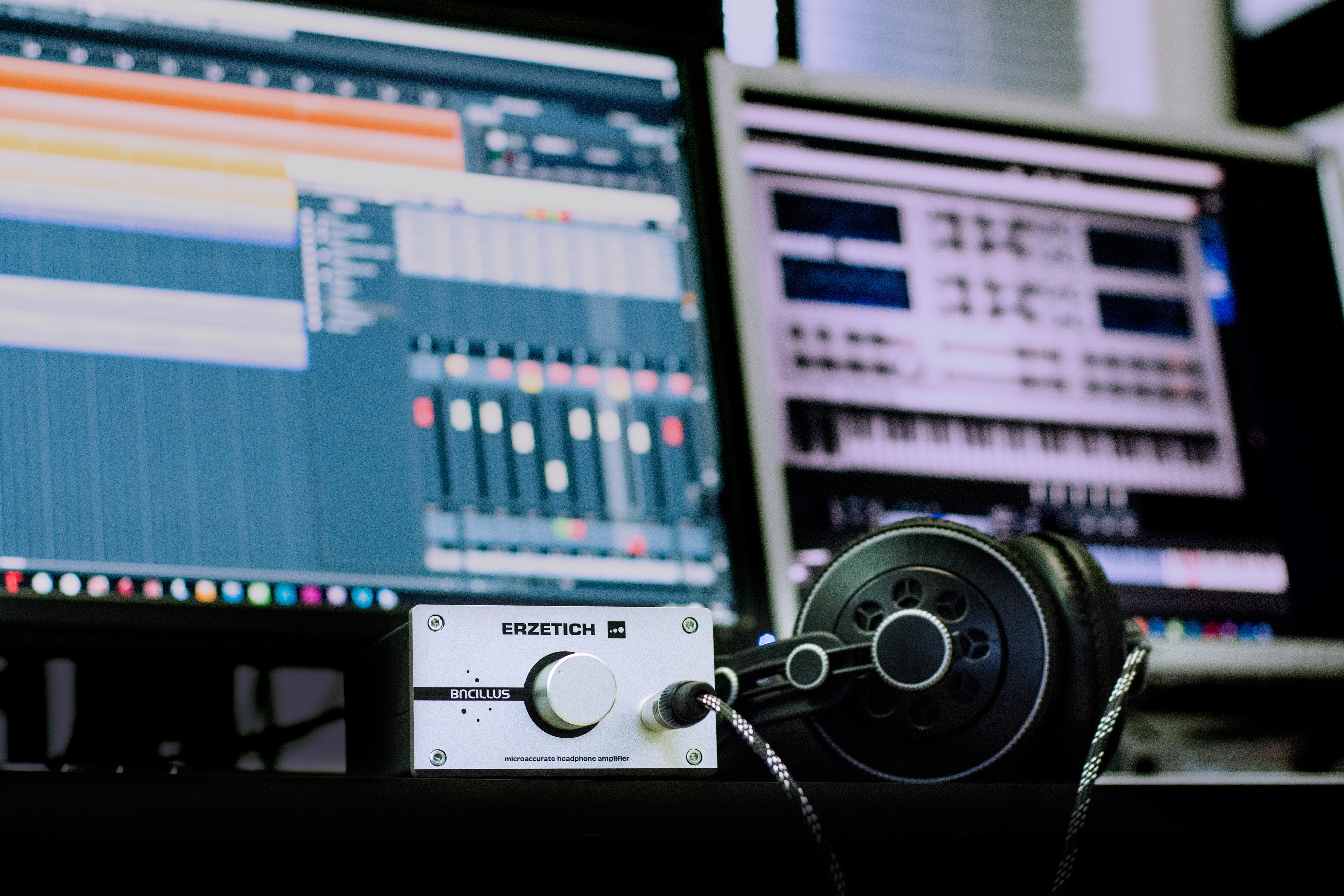Whether it’s due to doing a favour, the power imbalance between the engineer / producer and the client, being held to ransom, or not wanting to rock the boat, the facts don’t lie: many recording professionals are not being paid for their work. Headliner interviews MPG executive director, Olga FitzRoy about the Music Producers Guild’s new research into the problem, its ramifications, and what can be done about it, while music professionals speak out about their experiences of working ‘on-spec’.
A new piece of research by the Music Producers Guild shows that many recording professionals are not being paid for their work. In fact, a staggering 88% of producers and sound engineers reported being asked to work for free, with 71% agreeing to work for free in the past three years.
Having representation seemed to reduce the instances of people working for free slightly, with 61% of MPG Full members reporting that they worked for free in the last three years – 64% of those with managers having worked for free in the past years.
“I knew unpaid work was a problem in our industry, but I didn’t realise how endemic it was,” says MPG executive director, Olga FitzRoy. “Of course, people will do favours for friends, but it’s completely unacceptable for record labels and commercial studios to exploit professionals in this way. We don’t employ someone to put in a new bathroom and then decide to pay them if we feel like it. It's an issue I've long been aware of, and it was something I pledged to try and tackle if I was elected onto the executive. My colleagues were unanimous in agreeing that we should look at this.”
Of the MPG’s findings, FitzRoy is not short of things to say when asked what most surprised her about them:
“Where do I start? I think there were three things shocked and surprised me the most: Firstly, how widespread this is, with 71% of professionals working for free in the last three years. Secondly, the amount of money that is being lost, with the average being £4,000 a year. This is not a trivial amount, and can mean the difference between someone being able to continue to work in the industry, and having to consider changing career. Finally, I was shocked at how accepting people are of being exploited. One person commented: ‘I worked for free in a commercial recording studio in London as an assistant engineer for roughly a month. As I was developing my skills, this seemed reasonable’. While we're not against young people doing some shadowing to learn about the job, working for a month in a commercial studio is exploitation, and this sort of thing shouldn't be happening. People's time is precious, and even someone new in the job of assistant engineer can be a very valuable member of the team and contribute hugely to the success of a project.”
The research shows that those with management and those who were MPG Full Members had a lower incidence of working for free than those without any sort of representation, but given that 61% of MPG Full members had worked for free in the past three years, it is still very much an issue, even amongst experienced professionals.
“Amongst people starting out in the industry, we've seen reports of commercial studios ‘trying people out’ for quite long periods of unpaid work before offering them paid employment, and amongst more experienced mixers and producers, 'on spec' work is common,” she nods. “This means that a mixer or producer might be asked to work on a track, but that they will only be paid if the track is released. There were of course also professionals who didn't work for free, and felt very strongly that they shouldn't do so.”






